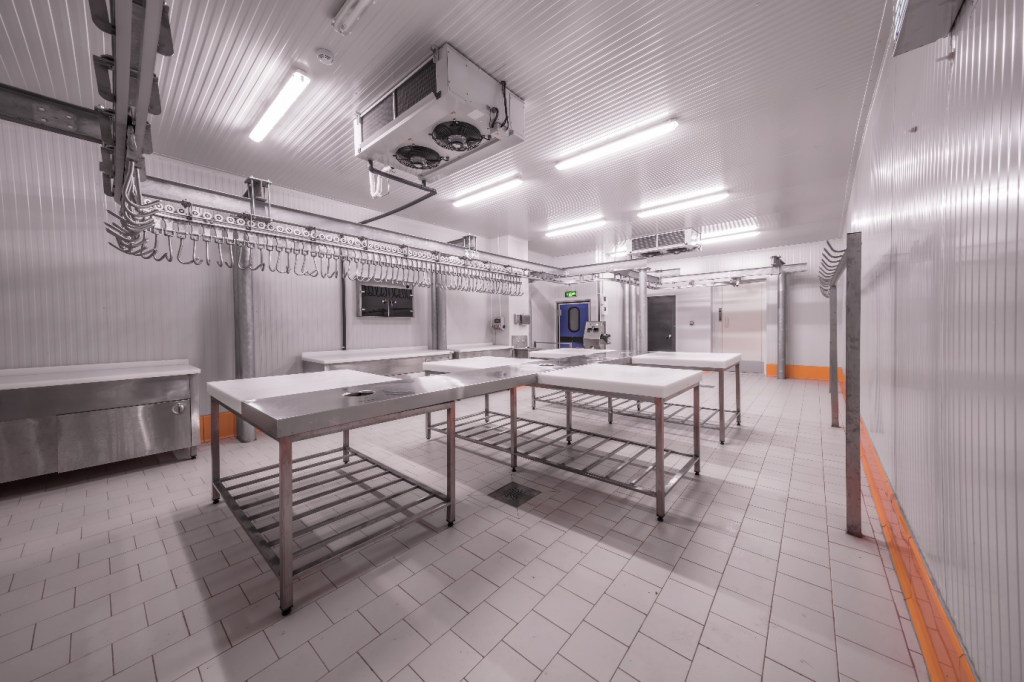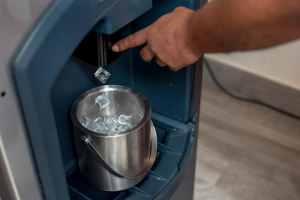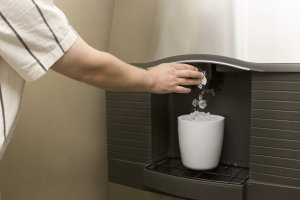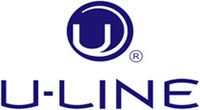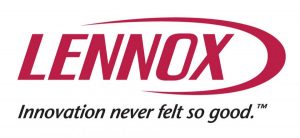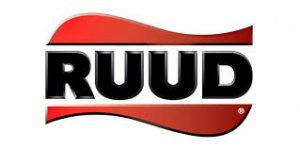In the dynamic landscape of commercial cooling in Los Angeles, the integration of smart refrigeration systems marks a groundbreaking shift. Gone are the days of conventional cooling methods; the advent of technology has ushered in a new era of efficiency, sustainability, and intelligence.
This blog delves into the transformative impact of smart refrigeration systems in commercial settings, emphasizing their features, benefits, and the limitless possibilities they hold for the future.
The Evolution of Commercial Cooling
Traditional commercial refrigeration systems in Los Angeles have long been the backbone of the food and beverage industry, ensuring the preservation of perishable goods. However, the rising demand for energy efficiency, environmental sustainability, and operational optimization has paved the way for the revolution in commercial cooling.
Smart Refrigeration Systems: Features Unleashed
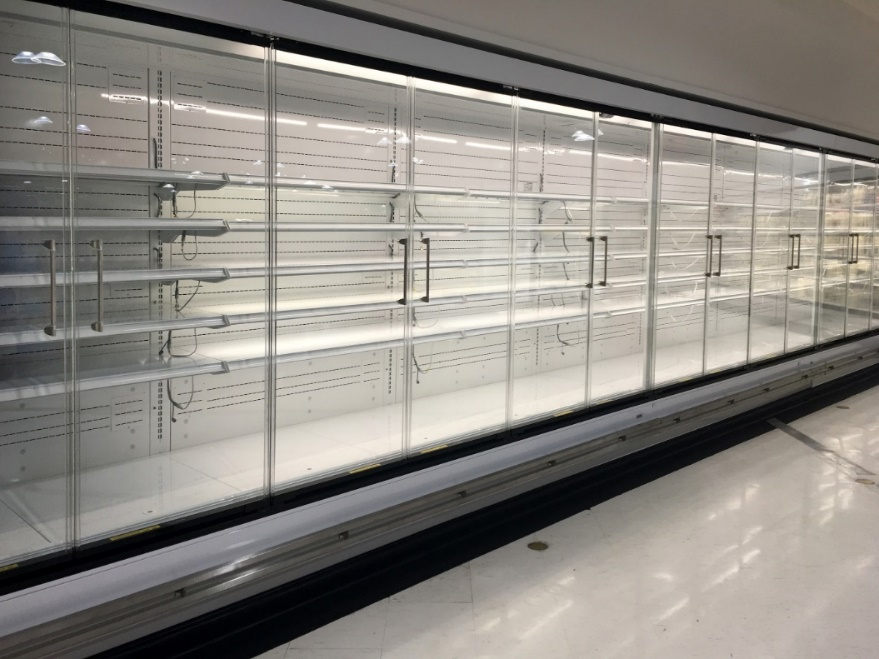
Smart refrigeration systems have emerged as revolutionary solutions in the commercial cooling sector, integrating cutting-edge technologies to enhance efficiency, sustainability, and operational control. Here, we explore key features that define these advanced systems, with a focus on their relevance to businesses, including commercial ice machines in Los Angeles and broader commercial refrigeration applications in the city.
1. Internet of Things (IoT) Integration
Smart refrigeration systems are characterized by their seamless integration with the Internet of Things. This connectivity enables real-time monitoring and control, allowing businesses to remotely manage temperature settings, receive alerts, and access data analytics.
2. Predictive Analytics
Leveraging advanced analytics, these systems incorporate predictive maintenance algorithms. By analyzing historical data and identifying patterns, they can forecast potential issues before they escalate, minimizing downtime and optimizing maintenance schedules for commercial refrigeration units, including ice machines.
3. Energy Efficiency
Addressing the critical concern of energy consumption, smart refrigeration systems employ intelligent algorithms to optimize energy usage. This not only results in cost savings for businesses but also aligns with sustainability goals by reducing the overall environmental impact of commercial refrigeration operations.
4. Remote Monitoring and Control
The ability to monitor and control refrigeration systems remotely is a pivotal feature. Businesses, including those operating commercial ice machines in Los Angeles, can benefit from the flexibility of adjusting settings, receiving real-time alerts, and ensuring the seamless operation of their refrigeration equipment from anywhere.
5. Data-Driven Insights
Smart refrigeration systems generate and analyze vast amounts of data. This data-driven approach provides businesses with valuable insights into performance metrics, temperature variations, and energy consumption patterns. In Los Angeles, where businesses strive for efficiency and compliance, these insights become integral to maintaining optimal conditions for commercial refrigeration.
6. Adaptive Technology
These systems often incorporate adaptive technologies that respond dynamically to changing conditions. Whether it’s adjusting cooling levels based on demand or optimizing performance in varying environmental conditions, the adaptability of smart refrigeration systems ensures consistent and reliable operation.
7. Compliance Assurance
In industries with strict regulatory standards, such as food and pharmaceuticals, smart refrigeration systems provide precise control and monitoring. This feature is particularly relevant for businesses in Los Angeles, ensuring compliance with local and federal regulations governing commercial refrigeration operations.
Benefits of Smart Refrigeration Systems
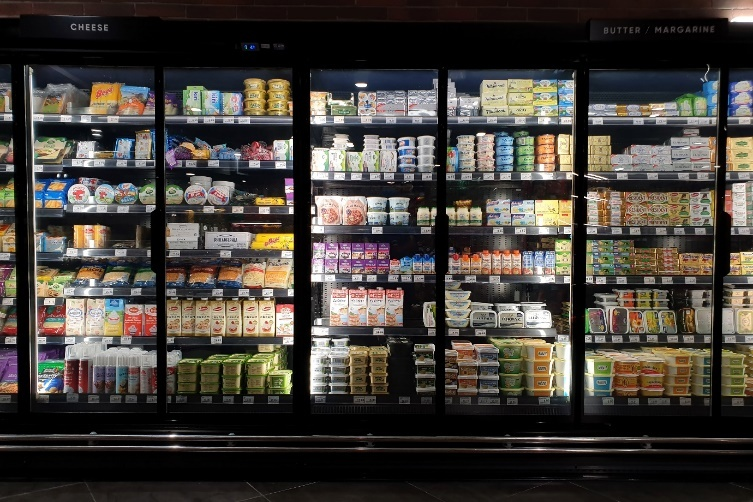
1. Cost Savings
The implementation of smart refrigeration systems translates into substantial cost savings. By optimizing energy consumption, businesses can lower their utility bills and operational expenses. Additionally, predictive maintenance reduces the likelihood of costly breakdowns and prolongs the lifespan of refrigeration equipment.
2. Environmental Sustainability
As the world grapples with climate change, businesses are under increasing pressure to adopt eco-friendly practices. Smart refrigeration systems play a crucial role in this regard by minimizing energy wastage and reducing the overall carbon footprint of commercial operations.
3. Compliance and Quality Assurance
In industries such as food and pharmaceuticals, adherence to specific temperature and humidity conditions is paramount. Smart refrigeration systems offer precise control and monitoring, ensuring compliance with regulatory standards. This, in turn, enhances product quality and safety.
Future Possibilities and Innovations
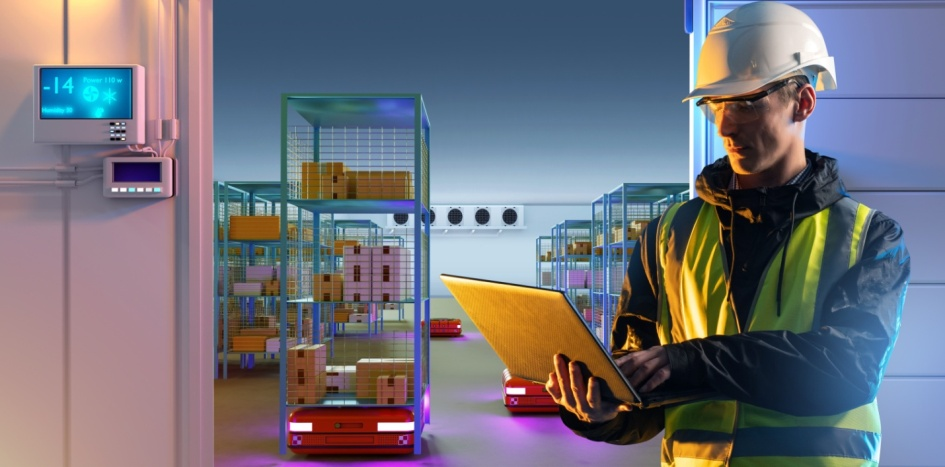
The future of commercial cooling holds exciting possibilities as technology continues to advance. Innovations such as artificial intelligence (AI) integration, machine learning algorithms, and enhanced data analytics promise to take smart refrigeration systems to new heights.
The rise of edge computing is expected to further refine the capabilities of smart refrigeration systems. By processing data closer to the source, these systems can achieve even greater responsiveness and efficiency.
Commercial Ice Machines in Los Angeles: A Case Study
As businesses in Los Angeles strive to meet stringent environmental regulations and address the growing demand for sustainable practices, the adoption of smart refrigeration systems becomes particularly crucial. Commercial ice machines in Los Angeles, being integral to the hospitality industry, can benefit immensely from the features offered by these advanced systems.
The bustling city, known for its vibrant culinary scene and diverse food establishments, requires refrigeration solutions that not only meet regulatory standards but also align with the city’s commitment to environmental conservation.
Final Thoughts
In conclusion, the revolutionizing impact of smart refrigeration systems in commercial settings cannot be overstated. The amalgamation of IoT, predictive analytics, and energy-efficient design heralds a new era in commercial cooling. The benefits, ranging from cost savings to environmental sustainability, position smart refrigeration systems as indispensable assets for businesses aiming to thrive in a competitive and ever-evolving landscape.
As industries, including those reliant on commercial ice machines in Los Angeles, embrace these transformative technologies, the future of commercial cooling looks promising, with innovation and sustainability at its core. If you, too, desire to invest in quality commercial cooling solutions in Los Angeles, reach out to our team at Airplus Refrigeration.
With a team dedicated to serving our valuable customers, we aim to craft innovative and unique cooling solutions. Contact us today to learn more about the services we have to offer.


